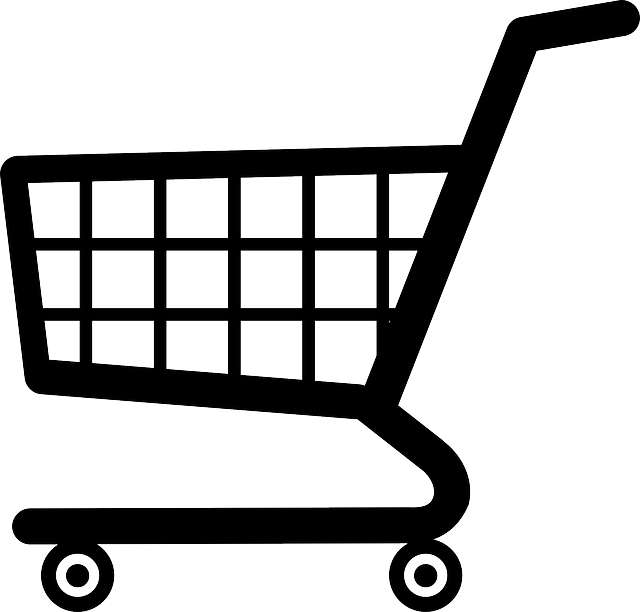Many of the people who come on our courses are small business owners who either don’t have a website at all or have a very basic site that they don’t proactively use. These days it’s common for small businesses to use Facebook as an alternative to having their own website. We’ve already written elsewhere on this blog about why relying on Facebook for your web presence is a bad idea. In this blog I want to talk a little more about what a website actually is and what it can do for your business.
Having your own site reassures people that you’re a more substantial business
Consumers are always on the look out for ways to reduce the risk that’s associated with making a purchase. If I’m buying from a company for the first time I want to reassure myself that they’re a reliable operation. There are many cues that I can use to make this judgement but one of them is whether the business has its own website. A real website, with a proper domain name, makes a business appear more substantial than a business that relies only on a Facebook page or has a gmail address rather than its own email addresses.
You have complete control over your website
As we’ve talked about before, one of the biggest disadvantages of relying on Facebook for your businesses web presence is that you have very limited control over how you can present your business’s information. You’re entirely at Facebook’s mercy because essentially you don’t control your own web presence – Facebook does. We’d never recommend that you give up on Facebook altogether. Facebook is a very important channel for many businesses, ours included, but it should work alongside your website, not instead of it.
Your website could be your most important source of new customers
Even a simple website with just a few pages can be a good and reliable source of new customers for your business. Over 80% of consumers perform some type of online search before making a big purchase, and without a website of your own you’re going to struggle to make meaningful contact with any of them.
Customers are increasingly reluctant to do business over the telephone
Fewer and fewer people are using the telephone to do business. There’s a long term decline in the number of phone calls, at the same time as people are interacting more and more via their smartphones. There’s increasing evidence that growing numbers of consumers won’t do business with companies that only offer telephone contact. Consumers want to be able to communicate with you via the channel of their choice and at the time of their choice. Increasingly that means they want to be able to access information about you and communicate with you online, rather than via the phone or in person
Your website is always on, 24/7, whilst you are not!
Consumers want the information that they want in the format they want and, crucially, at the time that they want. Your website is always on and can provide potential customers with the information that they’re after 24/7, something that’s rarely practical for small businesses to offer in any other way.
You can provide much more information online than you can through any other channel
Your website offers you a pretty much unlimited amount of space to play with, giving you the freedom to present as much information about your product or service as you like. It’s a mistake to assume that people won’t read much information – they will if they’re in your target market and considering making a purchase. Customers who are considering buying from you are generally interested in finding out more about your products. Your website offers you the ability to present as much information as you like in a way that is easy for potential customers to navigate and which doesn’t cost you any extra money. Compare this with traditional print brochures where space is generally extremely limited and there’s a cost associated with every page that you add. A website is a much more efficient and effective marketing tool.
Your website saves you time
Your website can be a resource for existing customers as well as for potential new customers. It can be a source of vital information for them as well. Think of all the questions that your customers most commonly ask. Imagine how much time you might save if the answers to those questions were quickly and easily available to them online, freeing up your time to deal with the more complex enquiries that really require a human response.
You can present video, audio and other media on your website
A traditional print brochure is limited to just words and pictures. Your website offers much more interesting possibilities. Does your product need to be demonstrated? Why not add a video demo to your website? If your product or service can be individually configured, why not add a quote generating function to your website? There’s much more you can do online to help people understand your product and decide that it’s right for them than in any other medium.
It’s easier than ever now for small businesses to get a website up and running
Many small businesses are put off setting up their own website because they believe it’s going to be expensive and time consuming, or because they fear they don’t have the necessary technical skills. Whilst these may have been valid concerns in the past, they’re really not any more. It’s never been simpler for small businesses to get their own sites up and running. Our Getting started with WordPress free webinar is specifically designed to help businesses do just this.

